Parasites and worms on your farm and homestead are one of the top leading causes of livestock death. But thankfully we can make a homemade anti-parasitic tincture for our livestock (yes, even chickens!) By offering our livestock herbal supplements and this tincture on a regular basis, we can help prevent parasites from infesting our beloved animals, and treat our livestock should an issue arise. The issue, however, is that you’ll need to make this tincture now in case you ever need to use it later for an infestation. It takes 4-6 weeks for this tincture to be created!
The Benefits of a Homemade Anti-Parasitic Tincture
Unfortunately there are a lot of de-wormers and anti-parasitic products on the market now days. What people don’t realize, however, is that almost all of them are filled with chemicals. In fact, those very chemicals go right into the meat that you’re eating if an animal has been treated with an anti-parasitic market treatment.
There are also herbal products on the market that work well, but they aren’t always very forthcoming with information or ingredients, which could be detrimental to your livestock. Because of this, we enjoy making our very own homemade anti-parasitic tincture, that way we know what’s going into the medicinal product, and we can even tweak it as we see fit for certain livestock types or issues.
What’s in this Homemade Anti-Parasitic Tincture?
So you might be asking this question—what’s in the tincture? In 2017 I worked hard on perfecting this tincture for my book that was coming out, The Homesteader’s Herbal Companion. But I tweaked it even more for my book, The Homesteader’s Natural Chicken Keeping Handbook (Spring 2019). We have used this tincture many times in the past as a preventative, but I wanted to know that I was offering the best option to everyone for a general range of livestock.
This tincture is made of:
- organic clove
- organic black walnut hulls
- organic thyme
- organic stinging nettle
- organic grapefruit seed (optional)
- organic garlic cloves
- organic pumpkin seeds (optional)
- 80-proof vodka (for the extraction)
If you don’t want to use vodka as the extraction method, you can make a glycerite with glycerin instead. As you may notice, all of these herbs that I use are completely organic, otherwise we’re defeating the purpose of natural medicine.
You can purchase all of these herbs from my favorite herb store here.
How to Make a Tincture
If you have a copy of my first book, The Homesteader’s Herbal Companion, I go in-depth on how to create a tincture for your family or your livestock. You can utilize the list of herbs in the book to create your own tinctures, or swap out some of the ingredients in this tincture with herbs that you think might work better for your farm. Either way, making a tincture is very easy, and they have a shelf-life of 5+ years if stored properly (in a cool dark place).
Here’s how you make a tincture.
- Choose your dried herbs and extraction liquid (normally 80-proof vodka)
- Add dried herbs to a jar, cover with vodka (a 1:5 ratio is a must, herb to vodka). It’s easier if you crush up the herbs so that all the dried herbs are submerged in the vodka.
- Shake well and allow the tincture to rest in a cabinet or pantry (out of sunlight) for 4-6 weeks. Shake once each day.
- Strain the tincture and place the strained liquid in an amber colored glass eyedropper bottle. Store in a cabinet or pantry indoors until ready to use.
How to Use a Tincture
Now that you know how to make a tincture, you’ll need to know how to properly use the tincture.
- Prepare the proper dosage per weight (see below)
- Use tinctures when an issue arises or as a preventative once a week, once every 2 weeks, or once a month
- Give tincture directly to animals orally, or place in waterers or feed
Tincture Dosage for Livestock
1 eye dropper (30 drops) per 150 lbs • 50-75 lbs (15 drops) • 25-45 lbs (10 drops)
Make dosage according to weight ratio off of 150 lbs for 25 lbs or less
Making Your Homemade Anti-Parasitic Tincture
Now that you know the basics, it’s time to make your tincture! Follow the recipe and instructions below, and make this before you need it!
Internal Parasite Tincture
.5 oz clove, ground
.5 oz black walnut hulls, ground (or powdered)
1 oz thyme
1 oz stinging nettle
1 oz grapefruit seed (optional)
2 garlic cloves, smashed
16 oz 80 proof vodka
Method:
- Pre-measure all herbs and vodka. If omitting the grapefruit seed, reduce vodka by 1 oz.
- In a large glass jar, add all herbs. Cover the herbs with the entire 16 oz of vodka. Make sure the herbs are submerged. If it helps, you can crush the herbs a bit before doing this step.
- Shake your tincture liberally and then set it in a cool pantry or cupboard, away from extreme temperature changes and direct sunlight. Shake your tincture each day (multiple times, if you want) for 4 weeks.
- After 4–6 weeks, strain your tincture from the jar. Pour your strained tincture into a colored glass eye dropper bottle, label, and store in a cool place until ready to use.
- Use 1 eye-dropperful in waterer or administer 2 drops by mouth (or dosage from dosing guide).
- Use tincture as a preventative once a month by mouth or in waterer, according to your own schedule. If parasites arise, use once every four to eight hours for 2–3 weeks.
Note: If you’d like to add pumpkin seed to this tincture (because they are naturally anti-parasitic), add 1 oz of pumpkin seed and 1 extra oz of vodka.
SAFETY NOTE: Black Walnut Hull in high dosages can be toxic to horses. Please consult a vet or use in small increments when needed.

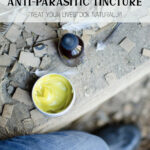
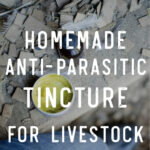
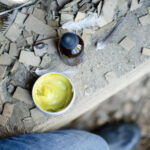
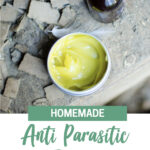
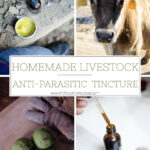
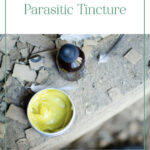
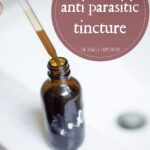
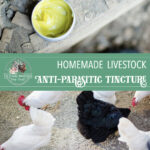
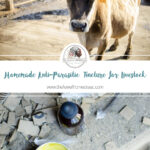

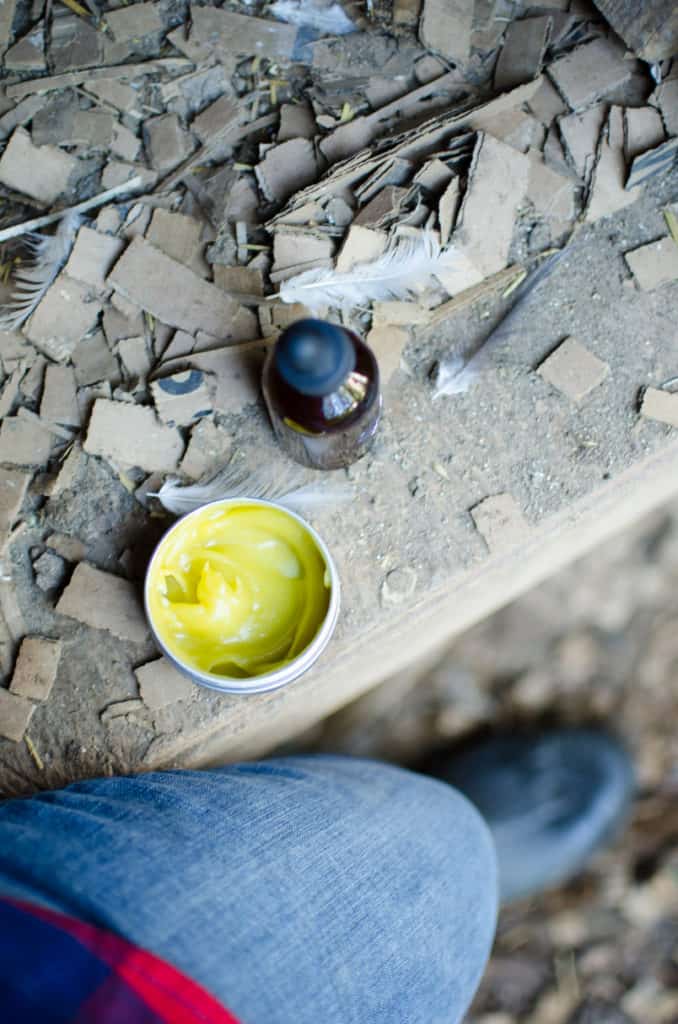
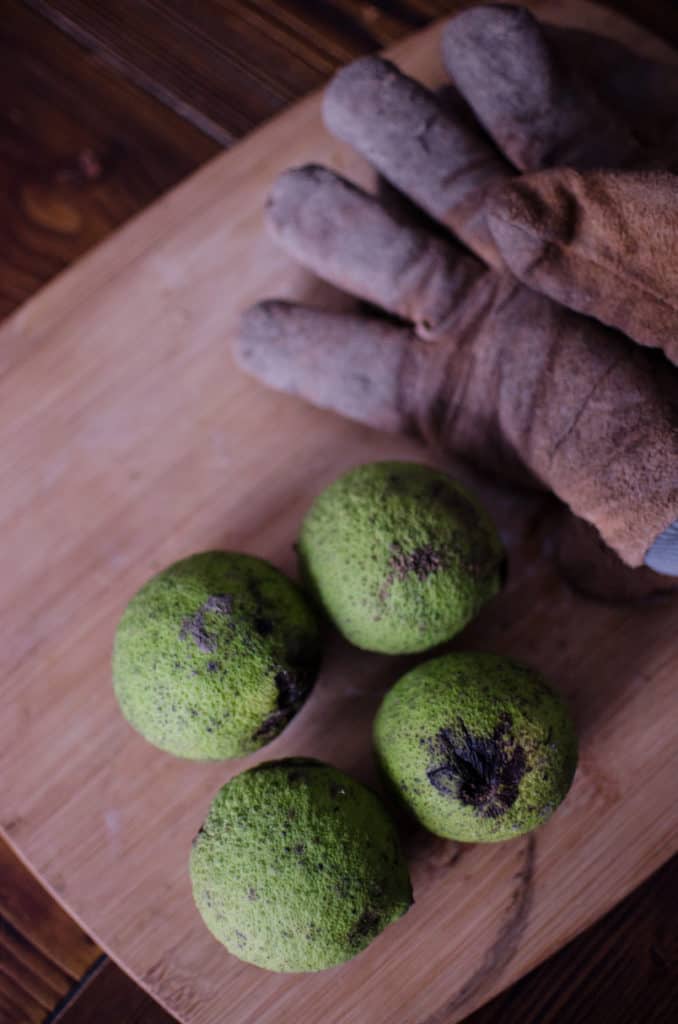
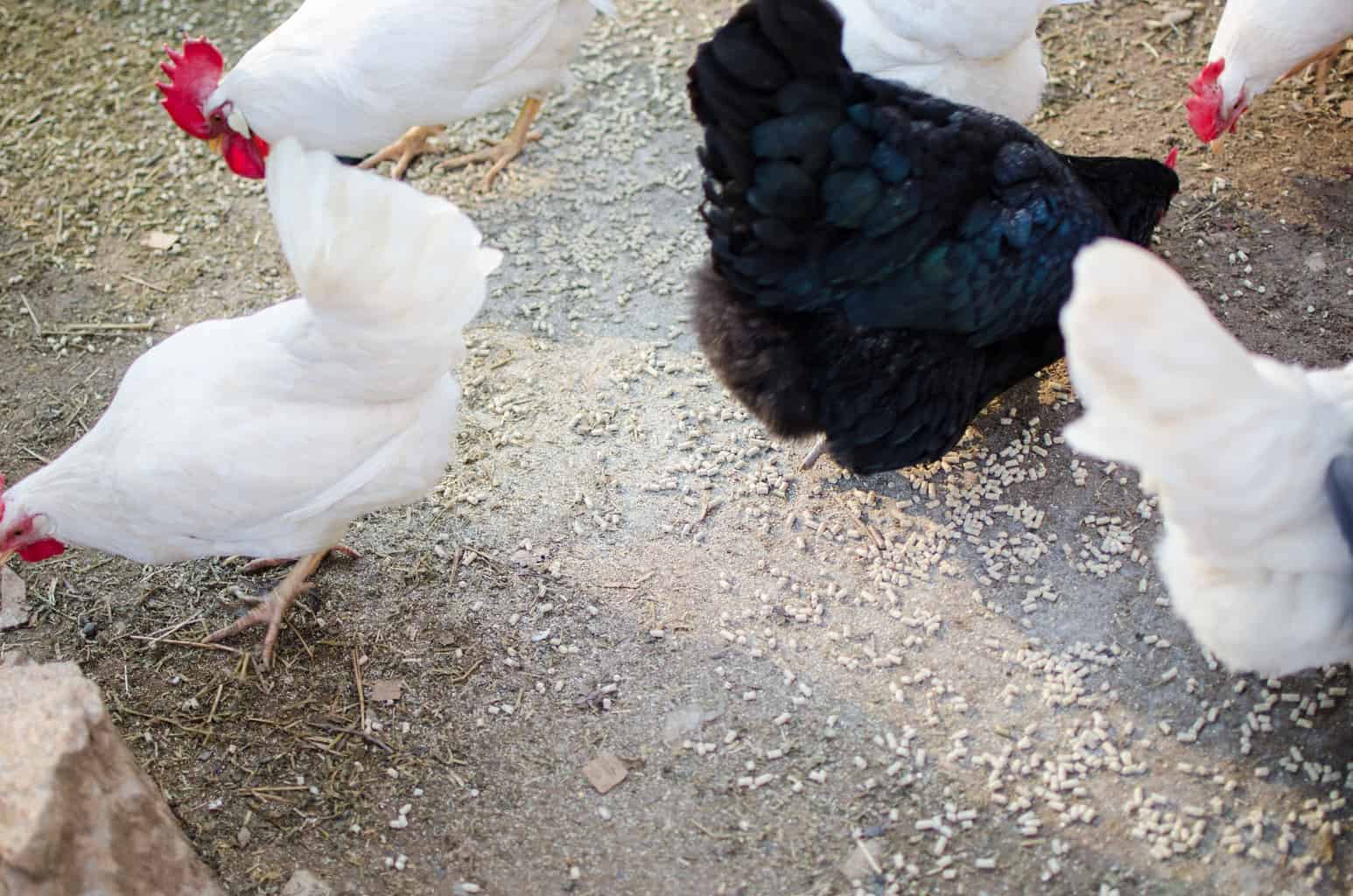
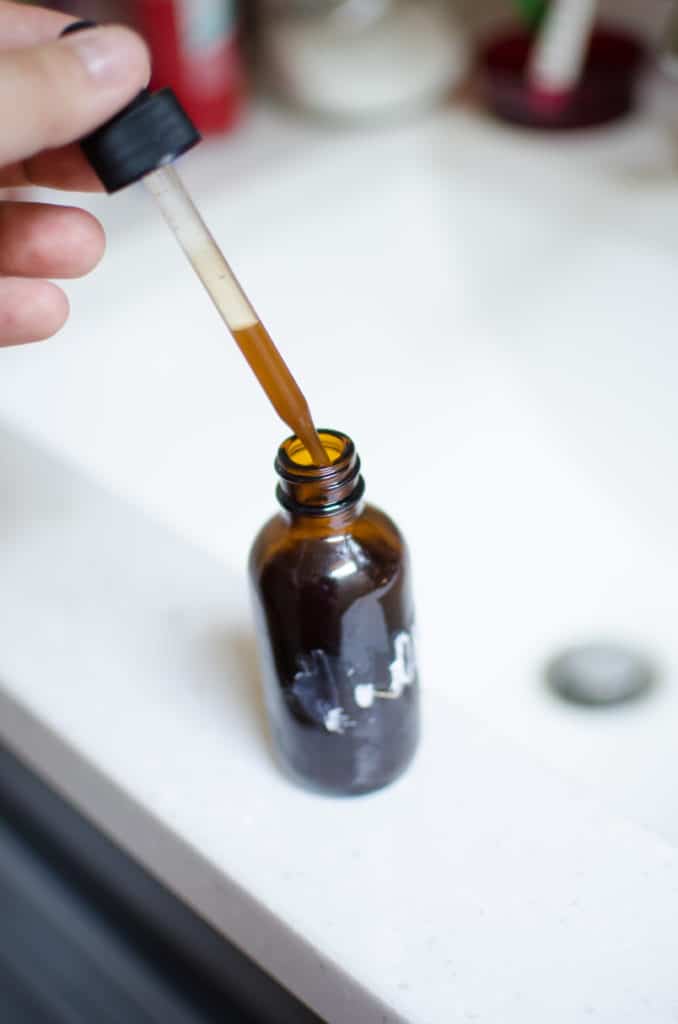
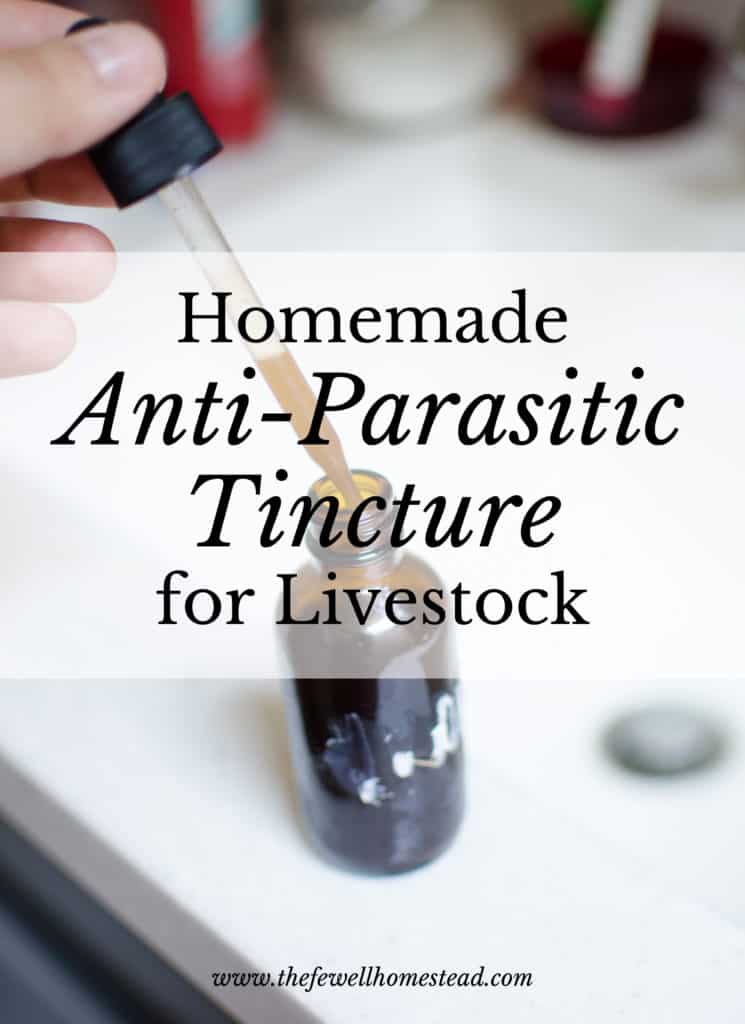
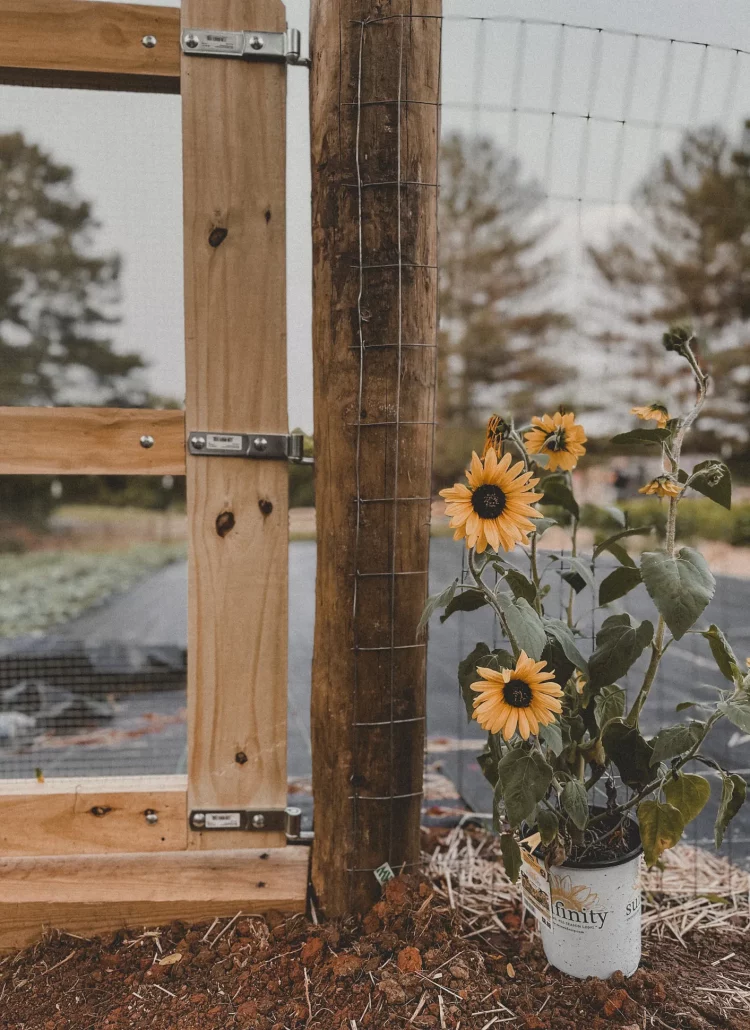
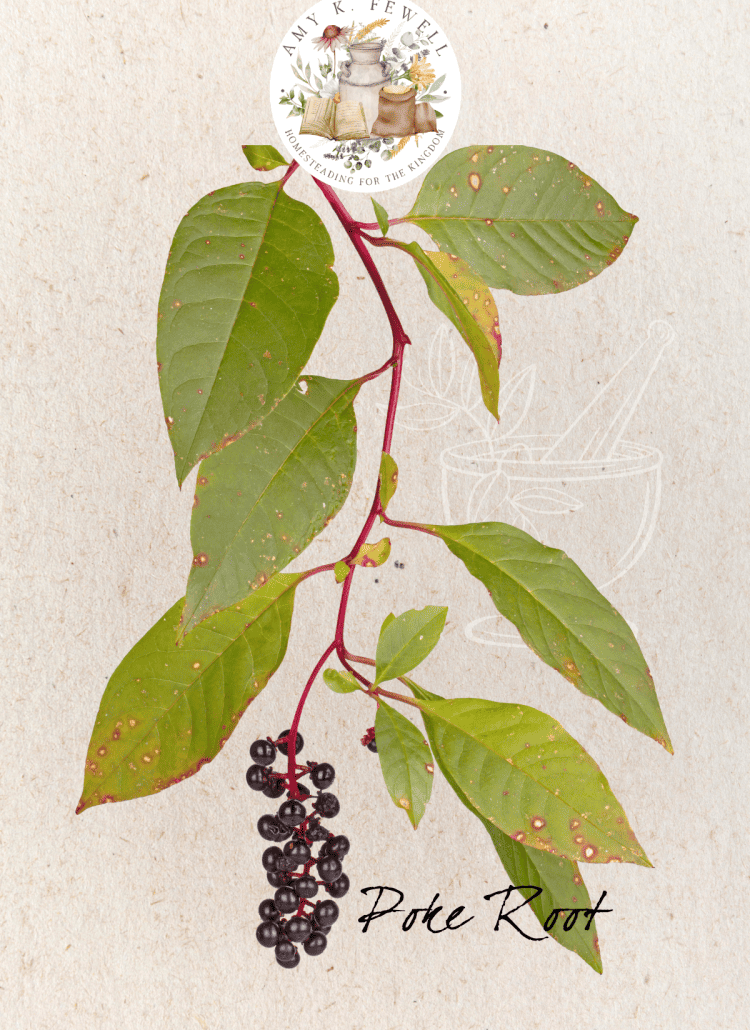
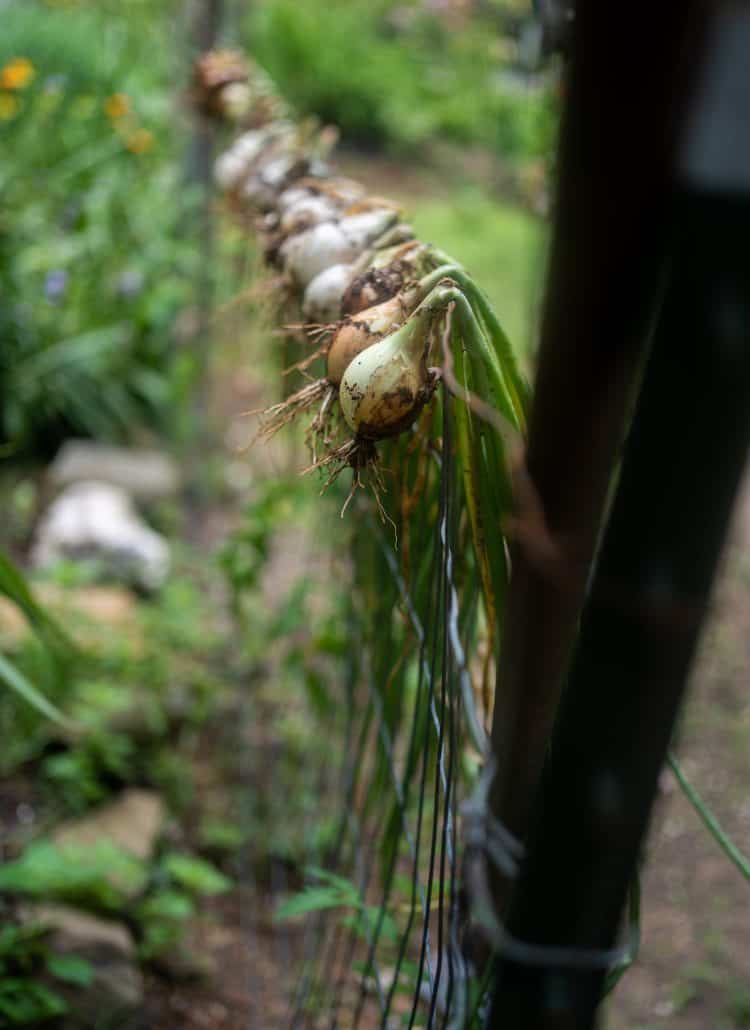
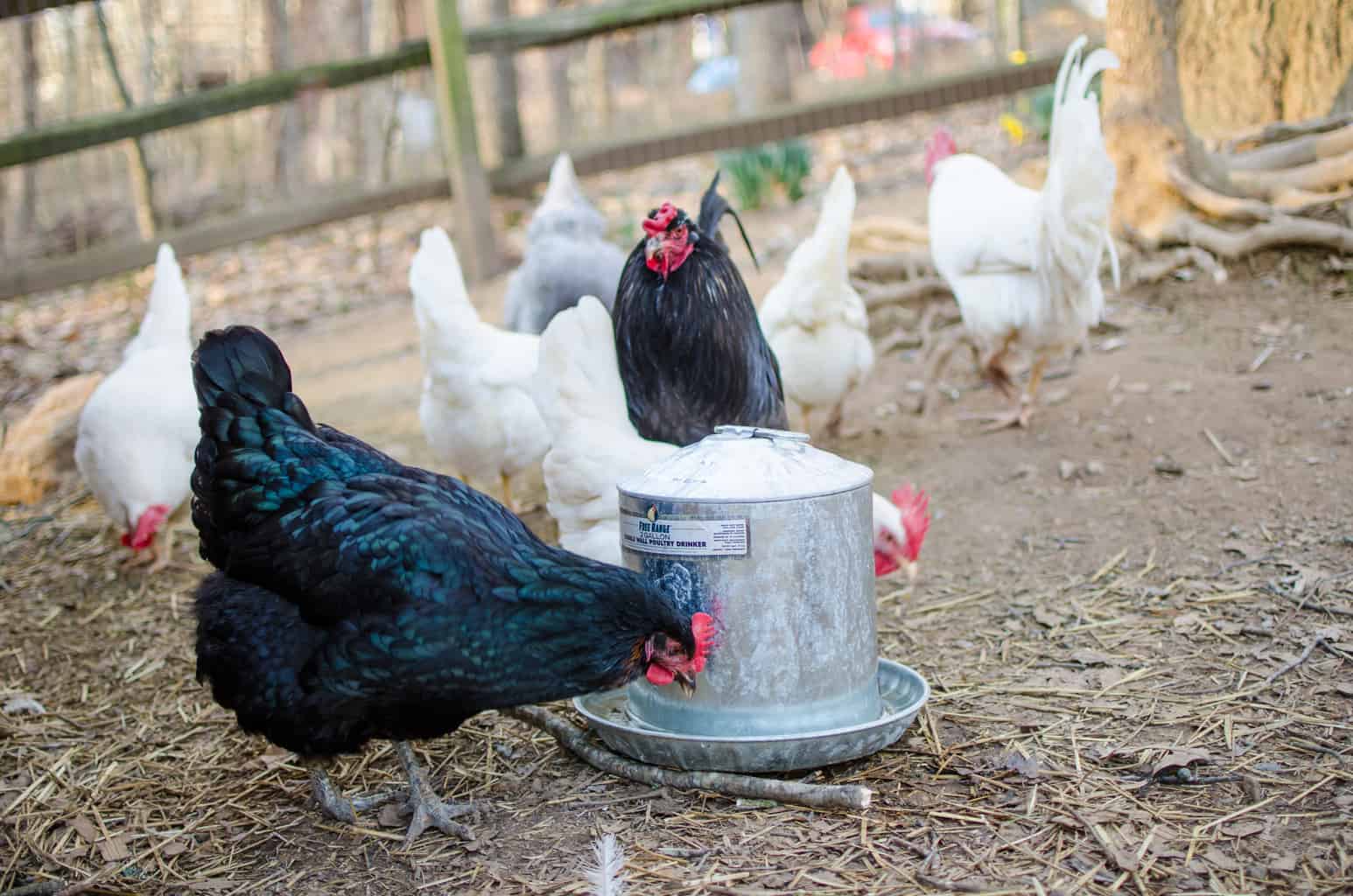
Thank you for this tincture recipe. I plan on making this.
This looks amazing!
Is this safe for goats?
Is it safe for humans?
Last question, do you add the garlic in with the herbs in the vodka at the same time?
Thanks so much!! 😍
I am glad to discover your site! I am a fellow herbalist living on a homestead, and came looking for natural treatment for bumblefoot. I will be ordering your chicken book soon!
Love, Marqueta Graham
hi there can i use this remdy on my ducks and rabbits and quail
yes, you can!
This is really helpful information! Thank you for providing this recipe for free. I am wondering though, how to dose a flock of around 100 chickens who are free-ranging. I am not sure if it is feasible.
You can put a dropperful of the tincture into a gallon waterer to treat the whole flock 🙂
is this safe to use on dogs and cats?
yep!
Can I use it (humans)? Thanks!
you can!
I have six chickens, I know for sure one of them has roundworms. If I put one dropper full in a 1 gallon water or, how many days do I need to treat?
Id treat for 2 weeks
I love your herbal companion book. I’ve used multiple recipes already and many of my buyers are very pleased with the products.
I have a question for this tincture. In the book it doesn’t specify the weight under 25lb. For poultry specifically. If I use a 5 gallon waterer, what should my tincture dosage be?? Thank you soo much. I am also making the deworming one. Would I be able to add the ginger root to this recipe and call it good for parasites and worms? I will be omitting the Oregon grape and maybe adding goldenseal?
Thank you for all the great advice!
Can people use thi accordingly?
General rule of thumb is 1 dropperful per 1-gallon waterer. So I’d just go by that. You can add ginger root if you’d like! And yes, people can use it too!
Thank you for the recipe …. made today!
i have used dried wormwood instead of thyme. Would you have any concerns about using wormwood ?
Would you follow the same dosing for humans?
Could the grapefruit seed in your recipe be the extract and not the actual seed? I have been searching for how to buy the seeds, but can’t find any seeds just extract. Thank you for sharing your recipe and your wonderful farm experience!
You can use grapefruit see extract
Has anyone successfully treated a roundworm infestation with this? Context: I have 4 chickens that are supplemented with 100% organic soy/corn free layer feed (new country organics) + free range on 1/2 acre daily. I noticed that some started having dirty vents and seems they have lost some weight and then saw roundworms in one dropping. I want to make sure that this remedy has been tested as more than a preventative and will extually rid them of what is likely an infestation. Would you recommend 1 drop each for 2 weeks? How will I know it has worked? I’m a chicken newbie but trying my best to give them a health happy life while gladly accepting their daily egg offerings 🙂 Thank you for all of the carefully curated information you provide!
Are you using stinging nettle leaves, seeds or root in this recipe?